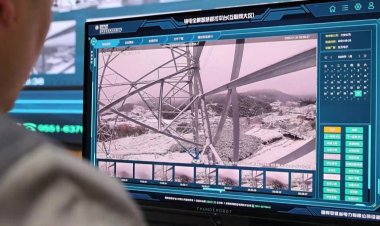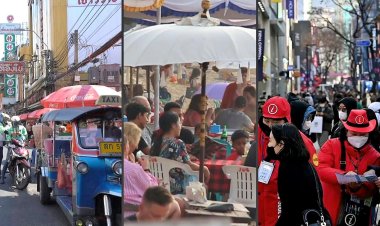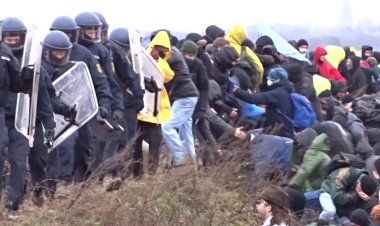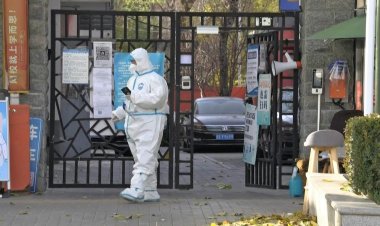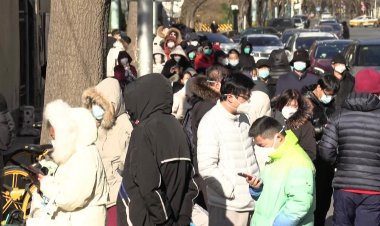U.N. Nuclear Chief Warns of 'Fragile' Situation at Zaporizhzhia
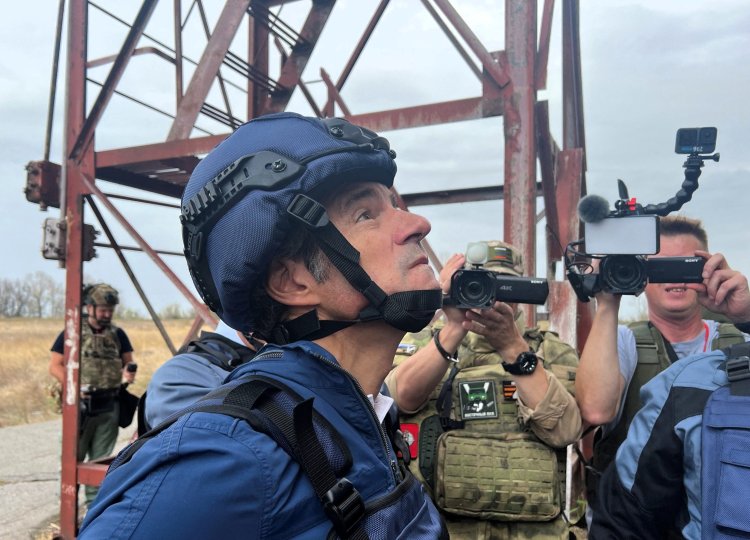
U.N. nuclear agency chief Rafael Grossi, who visited the Russian-occupied Zaporizhzhia nuclear power plant in southeast Ukraine, said the situation there was "very fragile" and has vowed to expand the agency's inspections to include critical electricity supplies.
The visit is his 10th to Ukraine since Russia's invasion in February 2022.
“I think the situation – I have very often characterized it – as very fragile,” Grossi said. “The station is again on the verge of being on a blackout. We've had eight of those in the past. A blackout no power: no power, no cooling. No cooling, then maybe you have a disaster.”
Grossi said he had accepted a Ukrainian request to expand inspections to include electricity substations providing power to Ukraine's nuclear power plants.
“This is a new dimension, an important dimension I hope, of our support here, which we discussed and agreed with President Zelenskyy just now,” he added.
Earlier, Grossi posted on X that he was on his way to Zaporizhzhia to “help prevent a nuclear accident.”
The Zaporizhzhia plant, which came under Russian control in the wake of its full-scale invasion, saw artillery shelling in the area that damaged the facility’s power access, according to its operator Energoatom, which blamed Russia for the attacks.
“Russian shelling damaged one of the two external overhead lines through which the Zaporizhzhya NPP receives power from the Ukrainian power system,” the operator said in a post on Telegram. “In the event of damage to the second line, an emergency situation will arise,” the Ukrainian agency said, adding that technicians couldn't access the site of the damage because of the “real threat of repeated shelling.”
Analysts say an explosion at the Zaporizhzhia plant would produce radiation and likely trigger panic, but the radiation risk beyond the immediate blast area would be relatively low and nothing like the scale of the 1986 Chernobyl disaster.




